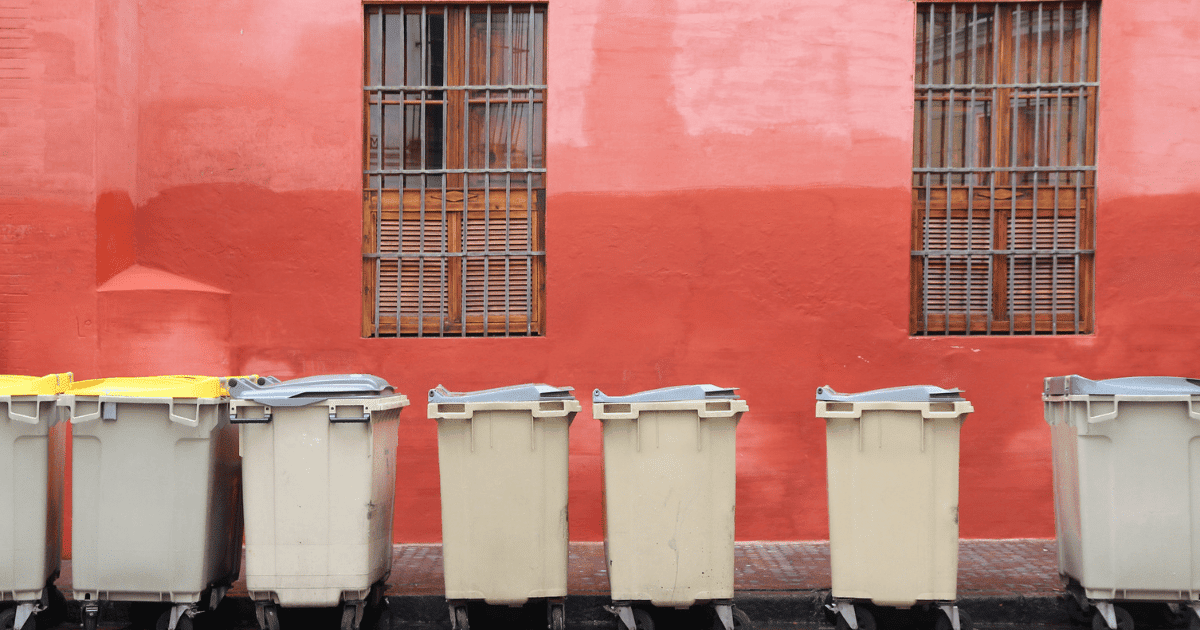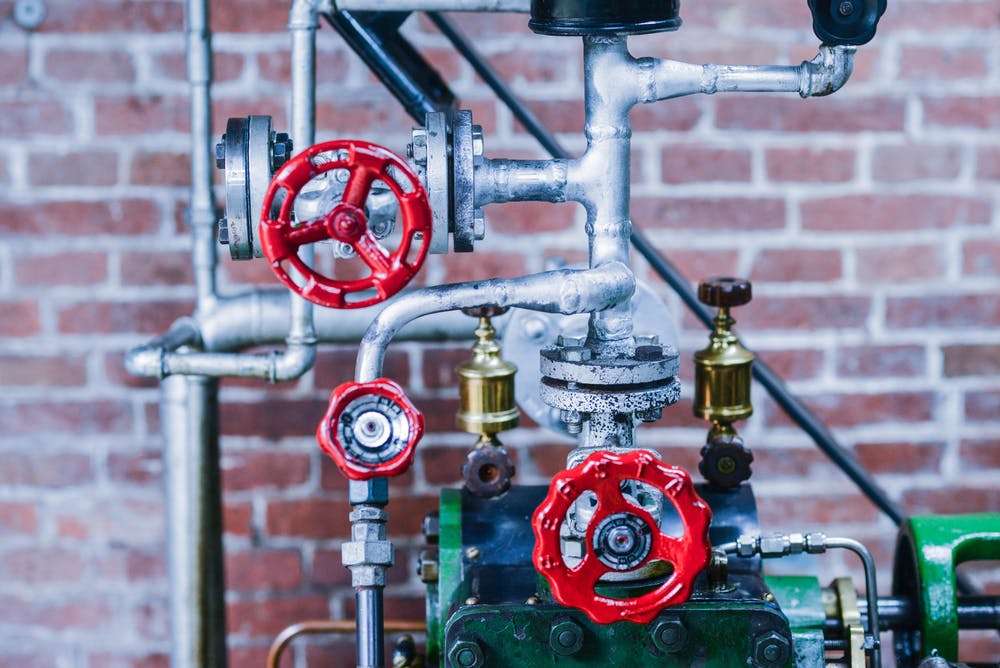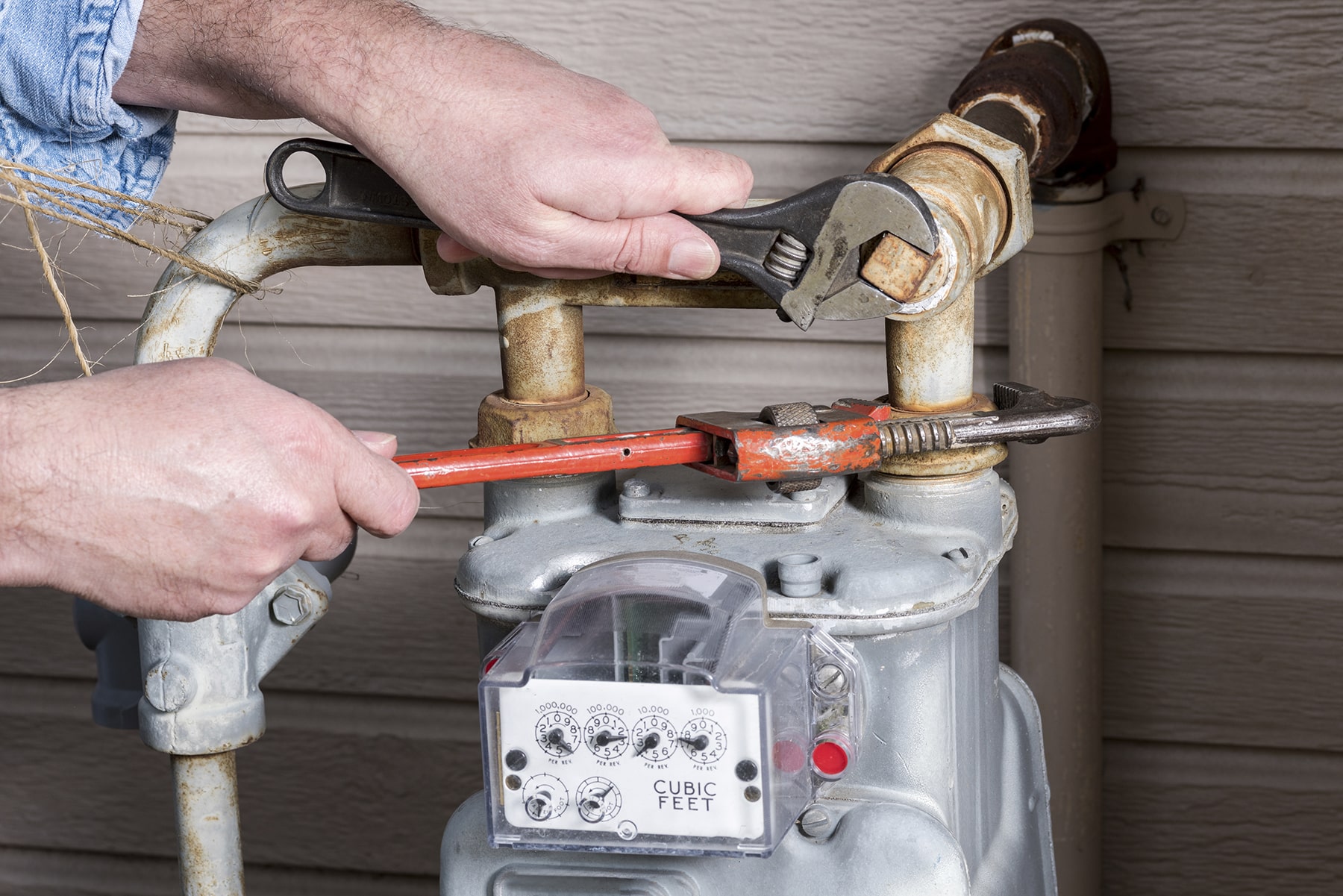Do you know what kind of water you have at home? Do you have hard water or soft water? If you don’t have a water softener at home, chances are, you still use hard water at home. That’s bad news for your appliances and plumbing pipes. You need to soften your water because if not, the hard water you’re using now is leaving mineral deposits that can accumulate and clog pipes as well as impact the efficiency of your appliance.
In this article, Candu Plumbing & Rooter, a trusted plumber in Canoga Park, CA, explains what a water softener is and how it works:
What a Water Softener Is
A water softener is a system for home filtration. Its purpose is to eliminate minerals from your water through an ion exchange process. You need to have a water softener because, without it, hard water can damage your coffee maker, dishwasher, water heater, as well as your plumbing system.
Additionally, if you use hard water at home, you are going to need more than the usual amount of detergent to prevent clothing discoloration. You’ll also have to deal with ugly stains and streaks on dishes. Worse, you’re left with dry and itchy skin after baths and dry hair after showers.
How a Water Softener Works
The way a water softener works is pretty simple. Calcium and magnesium ions that are suspended in the water are swapped with healthier ions such as sodium. This process effectively mitigates the adverse effects of hard water. That’s because sodium doesn’t solidify in pipes, nor does it have negative reactions with detergents and soaps.
The exchange of ions happens within a tank that is filled with resin beads. As the water flows past these resin beads, the sodium ions exchange places with calcium and magnesium. After several cycles, the calcium and magnesium take the position of the sodium in the beads.
Once the water softener is saturated with calcium and magnesium, the water softener stops working, and you’ll need a regeneration cycle to solve this. This involves soaking the resin beads in a strong saltwater solution or sodium chloride. The brine solution will force the calcium and magnesium ions in the resin beads to give way again.
As soon as the beads are sodium recharged again, the water softener starts to regenerate and flushes the residual brine, calcium, and magnesium through the drainpipe. The regeneration procedure produces roughly 25 gallons of salt water, an amount that’s more than enough for an entire household.
This is what most household water softeners use, but they may differ in how they determine when it’s necessary to regenerate. There are units that make use of electric timers, meaning they regenerate on schedule. Others make use of computers that determine bead depletion based on water usage.
Does Extra Sodium Have Health Implications?
Should you be worried about the extra sodium that you’re ingesting? Not at all – it’s a negligible amount anyway. The amount which is less than 12.5 milligrams for every eight ounces of water is classified by the FSA as “very low sodium.”
That said, if you have specific health issues where even that amount of sodium can be an issue, you do have other options for softener. Instead of a whole house softening system, you can opt to soften just the water for your dishwasher or washing machine.
Conclusion
Hopefully, this article sheds light on how a water softener works and how important it is to have one in your home. If you still use hard water at home, think of how that is damaging your appliances and pipes. Sooner or later, you’re going to have to deal with that damage and call for emergency service. Depending on the severity of the damage, that can be costly. It makes more sense to get a water softener.
Candu Plumbing & Rooter has some of the best plumbers in Canoga Park, CA, who can take care of all your plumbing needs. Contact our team today to know more about our services!





